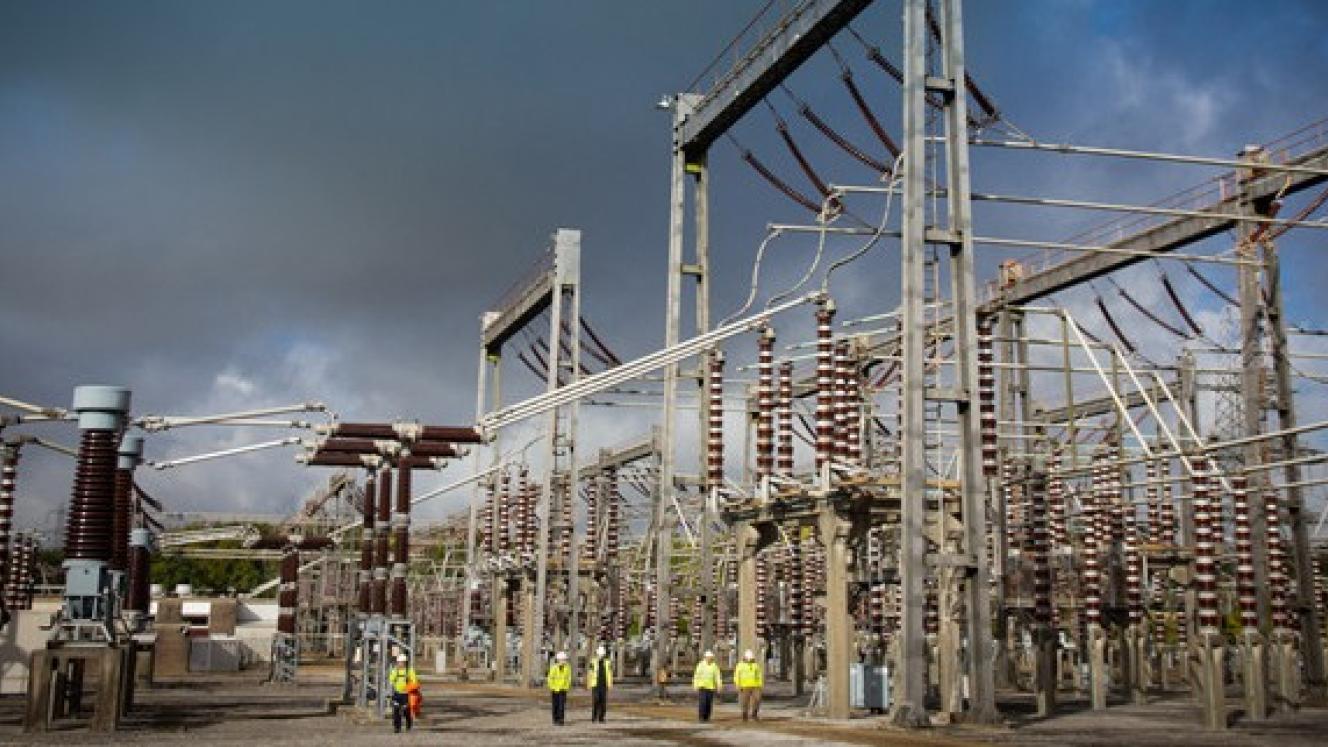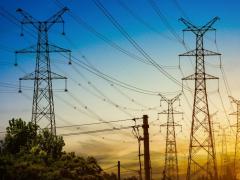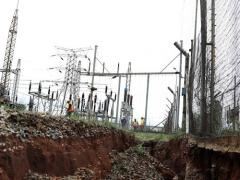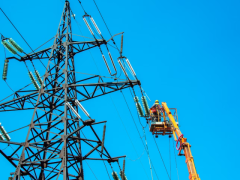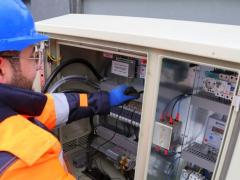Britain's energy landscape is undergoing a seismic shift, as the government unveils ambitious plans to prioritize nuclear power in the country’s quest for clean energy independence.
The UK government has unveiled what it calls the "biggest nuclear power expansion in 70 years" in a nuclear energy roadmap published on Friday. Britain is plotting to increase nuclear power generation by up to four times, a move projected to create 100,000 jobs and bolster the nation's energy security.
“The government’s investment in nuclear will ensure the UK remains at the forefront of technological developments,” said Andrew Bowie, minister for nuclear in the UK.
The project will increase nuclear power generation by 24GW by 2050, with the possibility of building a new GW-scale power station as big as the already planned Sizewell C, capable of powering 6 million homes. The plan also includes the addition of new, high-tech HALEU reactors commercially produced in Russia. This would be the first nuclear project to use HALEU reactors in Europe. Approval will be granted for up to two new reactors in five year periods, from 2030 to 2044.
The project announcement comes after the UK faced its lowest levels of nuclear energy output in 2023 due to the closure of two existing reactors and the maintenance of four other reactors.
To produce the fuel required to power the new reactors, the government will also invest £300M in UK fuel production.
According to Jess Ralston, an analyst at the Energy and Climate Intelligence Unit (ECIU), this sizeable government investment is aimed at encouraging private investment in UK nuclear energy as well, but this is not likely. “The challenge is, the industry has a record of running over budget and behind schedule” said Ralston, “so this does little to increase the UK’s energy security any time soon.”

